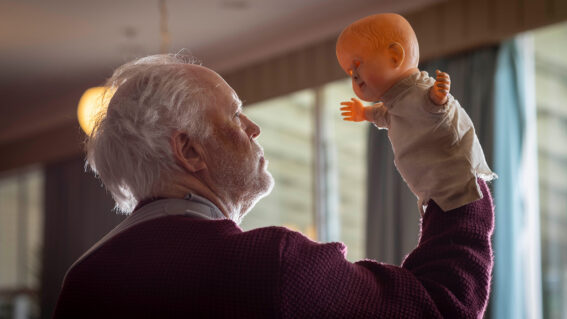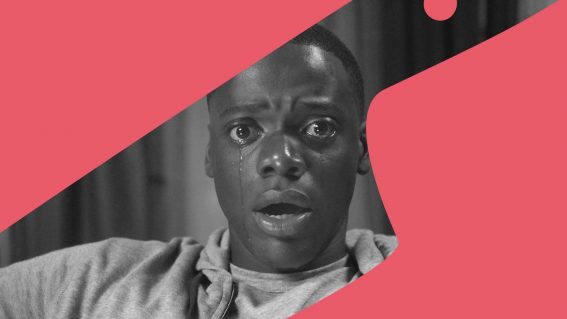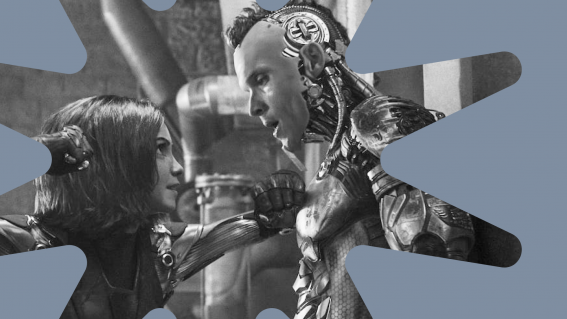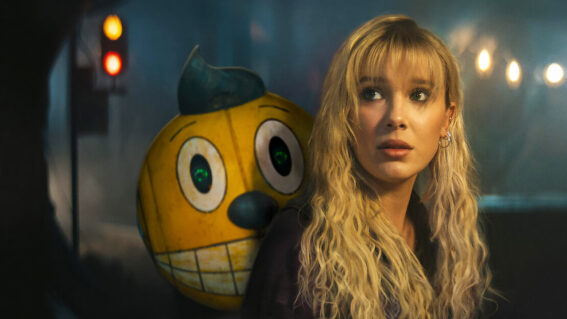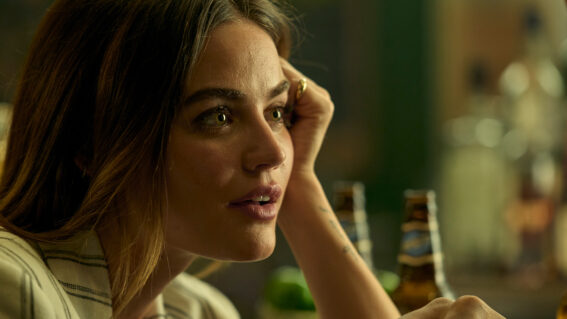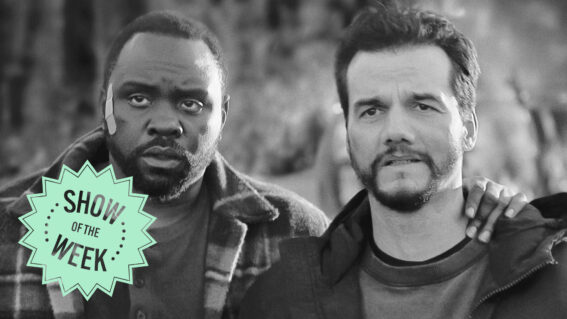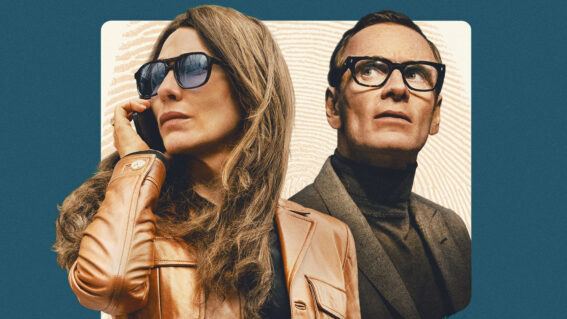We learn more about fascinating John McEnroe doco from the film’s director
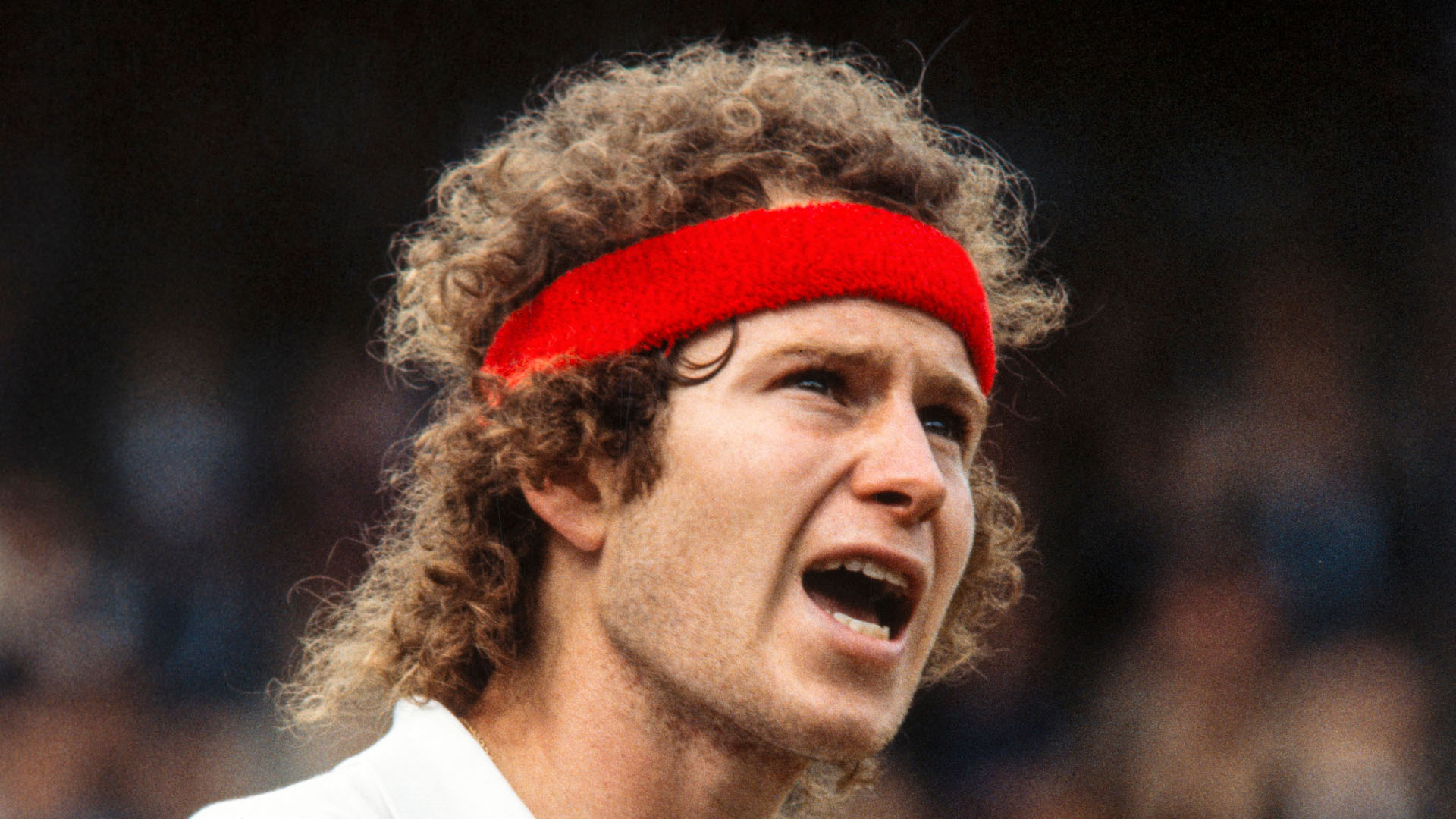
Director Barney Douglas tells Steve Newall about McEnroe, his portrait of tennis’s enfant terrible.
A mix of archival footage and present-day interviews and reflection, McEnroe offers a fascinating insight into the mercurial athlete who captured the world’s attention with his sporting feats (and flip-outs). We found out more from the film’s director ahead of its screenings as part of Whānau Mārama: New Zealand International Film Festival.
This interview has been edited for length and clarity.
FLICKS: You’re blessed with an incredible subject for your film.
BARNEY DOUGLAS: That’s right. I mean, he’s authentic to the core, isn’t he? I think he just can’t fail but to put himself out there. And he’s just so honest. And I think he definitely goes places in the film that he’s not gone before, which took a bit of time, obviously, to get to. You build trust with the people you’re working with and stuff like that. But he just committed fully to it like he did on the tennis court, really.
What was your relationship to John McEnroe before the doco even started as an idea?
Well, I think probably like lots of people my age, I remember the tail end of his career. And a lot of anger, really. [laughs] A lot of shouting and a lot of disputing decisions and things like that. So, very much a caricature, I guess, of who he was. And it was actually a journey of discovery for me because I didn’t realise what a great player he was and how skilful he was and that he was number one for four years in a row and yet he still holds certain records and all that kind of stuff.
So it was a real discovery for me. And that was the theme we went in with, wanting to show this guy as a human being and really show all the different facets of his character, rather than just the angry person that we’d been presented with.
Seeing the oil and water of McEnroe and Thatcher-era Britain is a culture clash that’s really fascinating to see, too.
Yeah. Certainly, to a lot of young people in Britain, he represented somebody that railed against authority and was free to speak their mind and not inhibited by sort of social constrictions and all that kind of thing. So he was very appealing. I tried to avoid him becoming a working-class icon or something because that’s not really what he was. He was just sort of punk expression, really. And fearless expression.
I think that’s what the younger people definitely saw in McEnroe and loved about him and that’s what certainly members of the slightly stuffier older generation of the British really railed against and really hated about him. So you’ve had very visceral reactions to him over here. And I think even to this day they’re still quite similar. Everyone seems to have an opinion on McEnroe. And that was why it’s quite challenging to change that preconceived notion of who he was when we went into making the film.
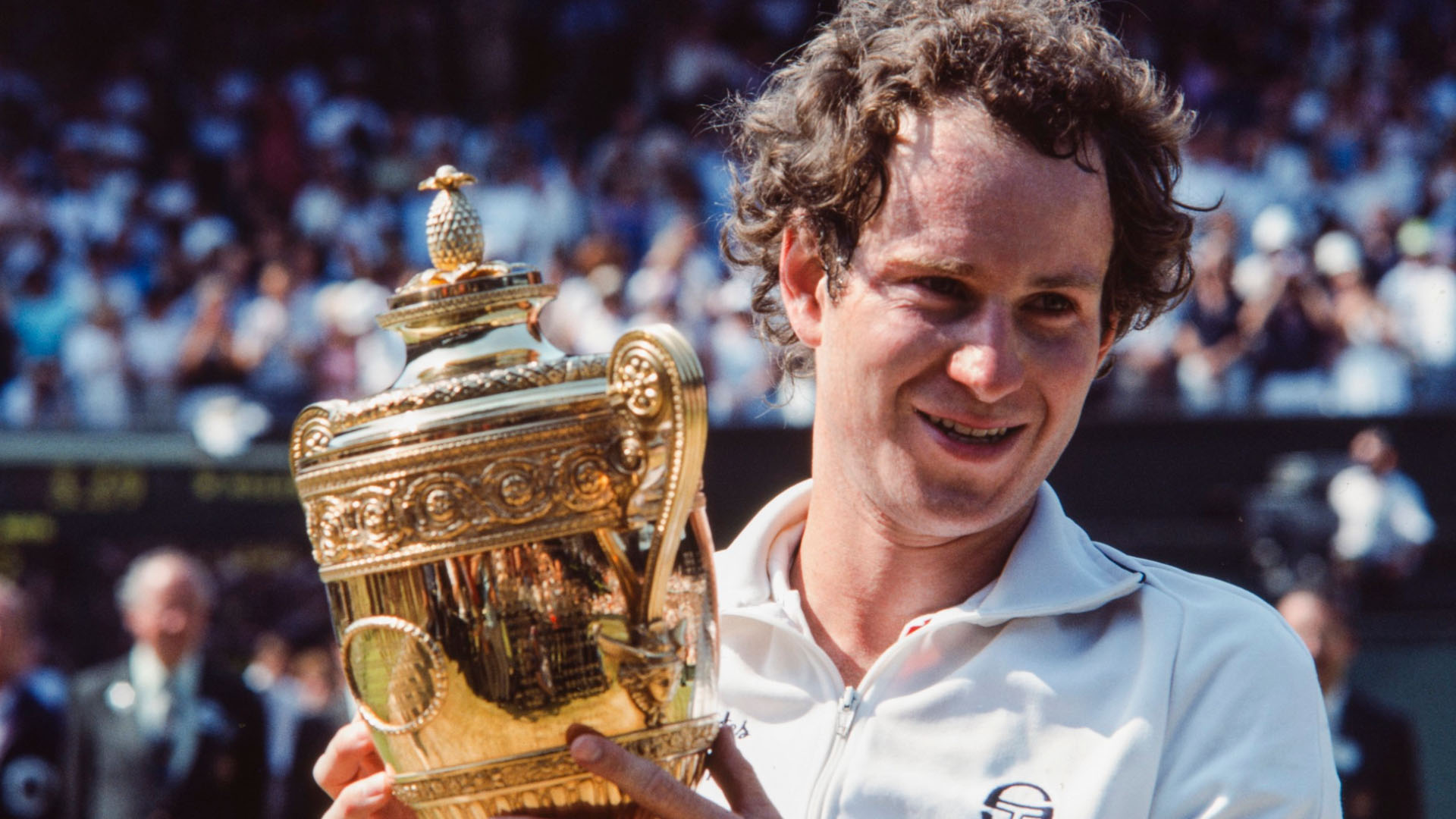
Nick Kyrgios is a name that I guess comes up a lot when talking about this film – probably the closest current player to McEnroe and an athlete who some people are baying at to implode.
I read somewhere when Wimbledon was live, it was the first dose of reality TV – the McEnroe era of ‘80, ‘81 when it first was broadcast live into people’s living rooms. And so with Kyrgios, even now people are looking for emotion, reaction, explosion, conflict perhaps to satisfy something they wouldn’t express themselves. And that still to this day seems to happen.
For me, personally, I love sports people that are emotional and that have personality and character. They don’t have to be smashing the place up, but I want people to care. And I think that connects people. Billie Jean King says something in the film about John. It’s like, “You might love him, you might hate him, but he makes you feel.”
I think that’s such a great way of summing up McEnroe. And to a degree, perhaps to a lesser extent, Kyrgios as well because he provokes reaction. He engages you in the sport. He engages you in the result. He engages you in who you support. And I think that is what appeals to people and repels people of a certain nature as well.
You and John both convey the individualism of tennis in the film – not only is it gladiatorial, but there can be little in the way of support system. Plus, in a team sport it’s often not really your choice when you stop playing, but the coach’s choice. Here we see these eras of great players ending, with great players exiting in all these different ways.
I mean, that’s a really good point actually in terms of it’s far more your decision as you say than a coach’s decision. And can you let go and how much do you need it and what are you taking from it and things like that. Whereas Borg can walk off court at mid-20s and never be seen again, so to speak.
Yeah. McEnroe just clinged on and clinged on and clinged on because success in tennis was the only thing that really defined him. And perhaps, going further than that, the only thing that gave him a connection to his father. And gave him a connection to what he deemed as love, I guess, in a way. And I think that’s why he was so devastated when Borg left because he’d found somebody that he had this connection with.
So it’s really interesting that you sort of zero in that isolating nature of the sport because it is – you are out on your own out there. And even though it’s just a game of tennis, what we tried to do is make it more about where people were in their lives, what were they bringing onto the court, and what were they taking off and what was being expressed about their character. And as you say, what were they able to live with and what weren’t they able to live with.
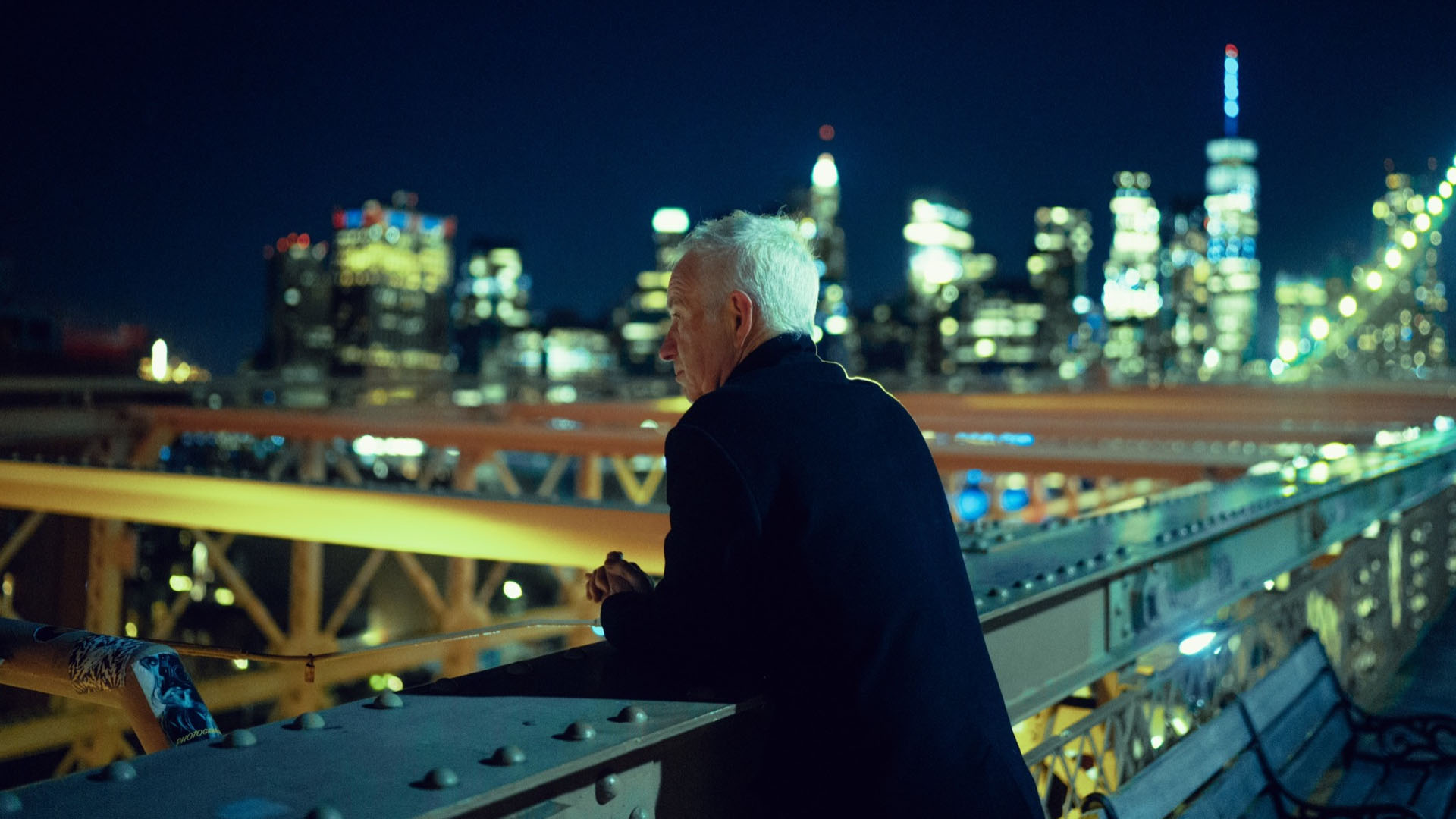
There’s a really interesting device that frames this whole film, which is John’s stroll through his memories and old neighbourhoods. As we see from some of the archival footage, he hasn’t always had a great relationship with being directed… When it came to put that framing around it, was that a challenge to get him to agree to?
I learned quite early on with John that clear direction and short direction worked very well. He actually likes to have parameters. He likes to know what’s happening, when it’s happening, why it’s happening, and how long it’s going to take. And I think if you know that quite early and you explain why you’re doing something, he generally committed to the idea. If he didn’t want to do something, he would say. But to be fair to him, that was rare, if at all. I’m sure there were moments where he was like, “What the hell am I doing?!” But he went for it.
I think he understood that his career is front-loaded in a way, and we needed a cinematic way to give a natural conclusion to the film. And retracing his steps from his childhood home to where he is now basically with this older version of himself and going back into his memories gave us this cinematic closure that I think other people who had perhaps attempted to try and make this film hadn’t been able to find. So it both worked as a device for me but also a visual elevation of the film and also a kind of way to lead an audience into his story.
We see that John is perhaps his own toughest critic. How does he feel – as his own worst critic – about how you’ve portrayed him on screen?
He said to me I had to watch it with him, which was intense. It was horrendous. I suddenly was like, “Oh my gosh. What am I doing?” And at the end of it, he turned to me and said, “That was really, really difficult to watch and that’s a great thing.” He said we’d done a superb job.
We wanted something that fairly represented him, good and bad, and tried to capture in the bottle the spirit of McEnroe. For him to say that and be proud of the film, as you say, for a perfectionist that’s an achievement in itself. But I think it definitely gave him therapy to a point.
And yeah, I think he feels really content with where we got to. Which makes me feel great because I think you have a real responsibility to the people that commit themselves – when they’re so honest on screen – to do them justice, really.





